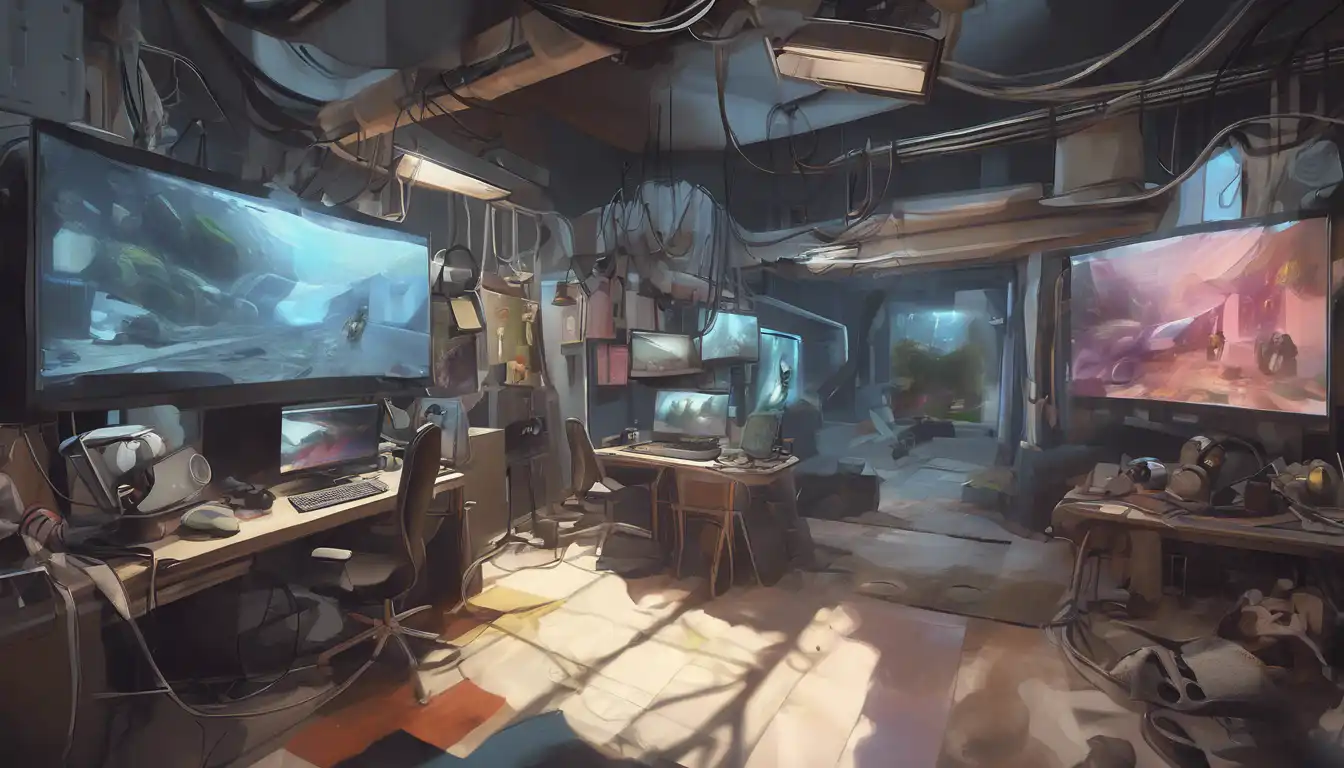Introduction to Virtual Reality Development
Virtual Reality (VR) development is an exciting field that combines creativity with technology to create immersive experiences. Whether you're a beginner or an experienced developer looking to expand your skills, this guide will help you get started with VR development.
Understanding Virtual Reality
Before diving into development, it's essential to understand what VR is. Virtual Reality is a simulated experience that can be similar to or completely different from the real world. Applications of VR include entertainment (e.g., video games), education (e.g., medical or military training), and business (e.g., virtual meetings).
Choosing the Right Tools
There are several tools and platforms available for VR development. Some of the most popular ones include:
- Unity: A versatile game engine that supports VR development with plugins like Oculus Integration and SteamVR.
- Unreal Engine: Known for its high-quality graphics, it's another excellent choice for VR projects.
- WebVR: Allows you to create VR experiences that run in a web browser, making them accessible without the need for additional software.
Learning the Basics
To start developing VR applications, you'll need to learn some basics:
- 3D Modeling: Understanding how to create and manipulate 3D objects is crucial for VR development.
- Programming: Knowledge of languages like C# (for Unity) or C++ (for Unreal Engine) is necessary.
- User Interface (UI) Design: Designing intuitive interfaces is key to creating immersive VR experiences.
Building Your First VR Project
Once you're familiar with the tools and basics, you can start building your first VR project. Begin with something simple, like a virtual room or a basic interactive object. This will help you understand the workflow and challenges of VR development.
Testing and Iteration
Testing is a critical part of VR development. It's important to test your applications on the actual hardware to ensure they work as intended. Gather feedback from users and iterate on your design to improve the experience.
Resources for Further Learning
There are many resources available to help you learn more about VR development:
- Online courses and tutorials
- Developer forums and communities
- Documentation and SDKs from VR hardware manufacturers
By following this guide and utilizing the resources mentioned, you'll be well on your way to becoming a proficient VR developer. Remember, practice and persistence are key to mastering VR development.
